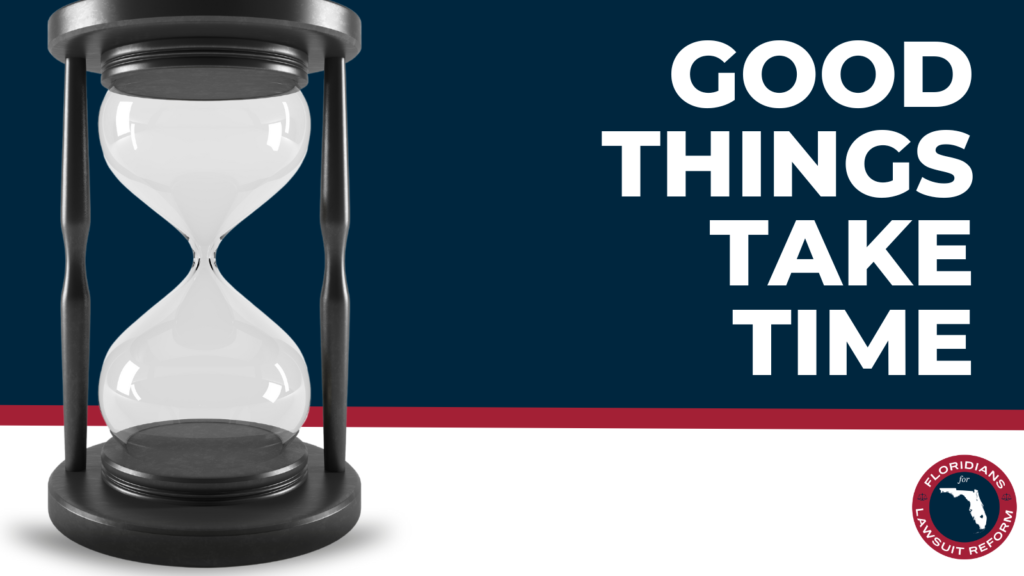
Jan 31, 2023
Climate disasters are taking an economic toll all over Florida and the United States.
In the wake of Hurricane Ian hitting the west coast of Florida in September and Hurricane Nicole striking the east coast only six weeks later, insurance companies in Florida have seen themselves faced with huge payouts — some, to the point of financial instability.
On January 1, Florida implemented some new changes to its property insurance law in response to this crisis — but will it be good for the customers?
Florida Homeowners Insurance Market in Crisis
So why is Florida’s homeowners insurance market in so much trouble? As it turns out, there are a multitude of reasons.
One of the foremost reasons is the high levels of fraudulent claims and lawsuits. Insurance fraud is a major problem in Florida, which makes up around 8% of all national homeowners claims nationwide, with litigated claims making up an astonishing 80% of the national total.
The majority of these lawsuits are roofing scams. This is how they work: shady roofers offer inspections to unsuspecting homeowners, find (nonexistent) damage, and offer a “free roof,” claiming the homeowners insurance will cover it (including the deductible).
Homeowners are encouraged to sign a form allowing the contractors to file an insurance claim on their behalf. When the claims adjuster performs a subsequent inspection and finds far less damage than the fraudulent estimation, the resulting payout is much smaller. The contractors then file suit against the insurance company for the difference — with or without the homeowners’ permission, since the homeowner signed a form granting the contractors the right to sue.
Exacerbating the issue is Florida’s “one-way attorney fee” system, which means when a court rules in favor of a plaintiff (the contractor, in this case), the defendant is responsible for paying the plaintiff’s attorney fees. Though the homeowner may not even be involved at that point, the insurer must still pay the legal cost for the fraudulent lawsuit, adding a further burden onto the insurance companies.
These schemes are happening regularly, and are especially lucrative for shady contractors in a state where weather-related events cause a high amount of property damage.
Speaking of which, the threat of even more hurricanes and extreme weather events promises even more claims and large payouts. As Ross Martin at The Zebra points out, 351,093 single-family residences are at extreme risk of hurricane damage in Florida.
This could amount to billions of dollars in damages. Worse, several insurance companies have already become insolvent or pulled out of the state, meaning those companies that remain may have even larger payouts to deal with. This could raise premiums to the point where finding cheap homeowners insurance in Florida is all but impossible.
With such a massive epidemic of fraud, it’s no wonder so many insurance companies in Florida have either gone insolvent or left the state entirely — and that’s exactly the problem this new legislation intends to address.
What the New Law Will Do
In light of these developments, Florida has introduced Bill SB 2-A, which is aimed at protecting both insurers and the insured. The new law hopes to attract carriers back to the state as well as reduce the time claimants have to wait for payouts.
Here is some of what the law provides for:
● A $1 billion reinsurance fund to protect insurers in case of a major catastrophe, providing a safety net to new and returning insurance carriers
● Ending a practice called assignment of benefits (AOB), the process where homeowners sign over claims to contractors as described above.
● Require insurers to respond to claims faster — from 45 days down to 30. New claims will also have to be filed within one year instead of two.
● Similarly, reduce the time required to pay out claims from 90 days to 60.
● Require those with Citizens policies to pay for flood insurance.
● Abolishing the “one-way attorney fees” system described above, changing the law so defendants no longer have to pay out attorney fees to the plaintiff.
How Will This Law Protect Consumers?
As is probably evident from the list above, SB 2-A will help policyholders by reducing the time they have to wait to have claims processed and paid out. Waiting for paperwork to clear and money to come through while trying to recover from catastrophic home damage is no fun, especially with many Americans already struggling to make ends meet.
Further, the abolishment of the AOB will prevent unwary homeowners from falling prey to predatory contractors, as well as reducing costly fraud losses, which will keep insurers from raising premiums due to court costs and fraud settlements. While it may take some time to repair the damage done by runaway fraud and claims from extreme weather, the law is a step in the right direction that will make life easier for insurers and policyholders alike.
